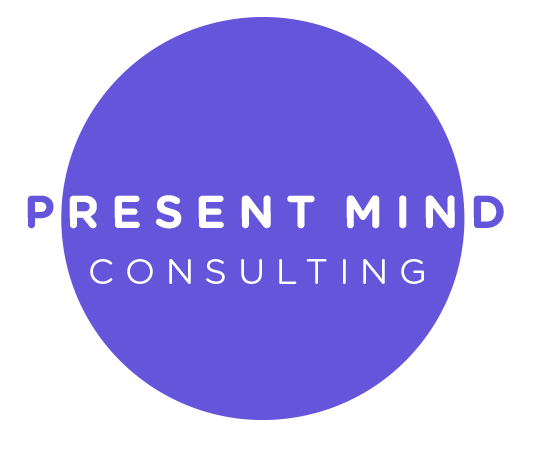Six ways to increase your self-confidence in sport
Fake it till you make it
Do you think professional performers always wake up feeling energized, refreshed, and confident prior to each competition, day in and day out, without even trying? Not on your life. These performers find ways to generate the thoughts and feelings they need to be at their best. Sometimes, it feels next to impossible to generate confidence on competition day, and under these circumstances especially, I like the “fake it until you make it” approach, described as mental toughness in Dr. James Loehr’s must-read The New Toughness Training for Sports. The idea is simple – if you don’t actually feel confident, pretend! Stand, walk and talk as if in a confident state – it may sound ridiculous, but research shows that we really can shift our emotions through simple changes in our physical behavior. A landmark study (which multiple scientists have replicated) demonstrates this effect – people who read a cartoon strip while holding a pencil in their teeth, causing a smiling posture, thought it was funnier than people who held it between their lips (causing a frown) and those holding it in their hand. In another classic study, interviewees who took on an expansive, upright posture for two minutes prior to mock job interviews performed better than those who adopted a less powerful posture (shoulders hunched, legs crossed), a finding that has also been replicated by several scientists. The brain receives and interprets the feedback it gets from the physical body, allowing us to essentially “trick” our emotions into moving towards a more desired direction.
use mantras
Self-talk is another powerful way to promote self-confidence. Although it may seem artificial at first (see above), simply repeating “I’m _______” [good, strong, prepared, ready, in control, trusting, letting go]” as part of your pre-competition routine provides a confidence boost. Play around with what words or phrases resonate for you.
review best past performances
In sport and other domains, self-confidence grows from reflecting on prior “mastery experiences,” or times that we performed well and achieved goals. Using all of your senses, bring to mind prior best performances. What did you see, hear, and feel? Mentally repeat, “I’ve done this before, I can do it again.” You can set aside time to do this exercise regularly on training days, as well as work it into pre- and during-competition routines (before the start, in between shots or plays).
react to mistakes with poise
As sport psychology pioneer Dr. Terry Orlick emphasizes, at the end of the day, everything is physical. If you slouch, throw equipment, mentally beat yourself up after mistakes, etcetera, you promote a physiological stress response that is not conducive to confidence in the future. Furthermore, the more you act negatively after mistakes, you groove neural pathways that support negative rather than positive thinking. Observe the best performers in your domain – how do they handle setbacks in competition, most of the time? Emulate them. Remember – this technique is not looking at what happens through rose-colored glasses; it’s mental toughness, and it does work.
use positive reappraisal
This psychology term refers to interpreting events in ways that are helpful. Acclaimed golf psychologist Bob Rotella gives a great example of this one – many golfers become so anxious about putting, that their hands start to shake over the ball and they think, “I can’t putt with shaky hands.” This is a negative, ineffective interpretation. In reality, you can putt with shaky hands (positive interpretation). I’ve used this one myself, and I attest that it works. To use this technique for pre-competition nerves, try this script: “I need a certain level of arousal to do well. The butterflies mean I’m ready; let’s go.”
surround yourself with people who build you up
Although your control over who’s in your immediate support circle may be limited, try and surround yourself with people who are positive, uplifting and willing to offer constructive feedback rather than people who are negative and critical. If you’re sensing that your relationships are negatively impacting your well-being or performance, a therapist or sport psychologist can offer valuable support. Reach out to me and we can discuss whether my services may be a good fit, or try Psychology Today’s provider search tool to locate someone in your area.
